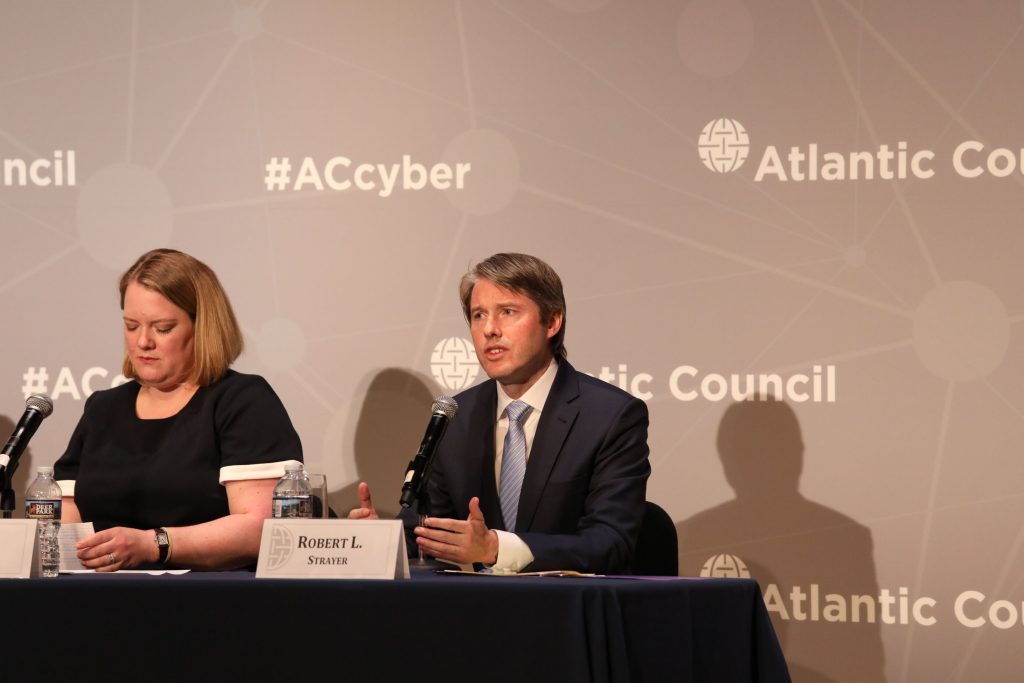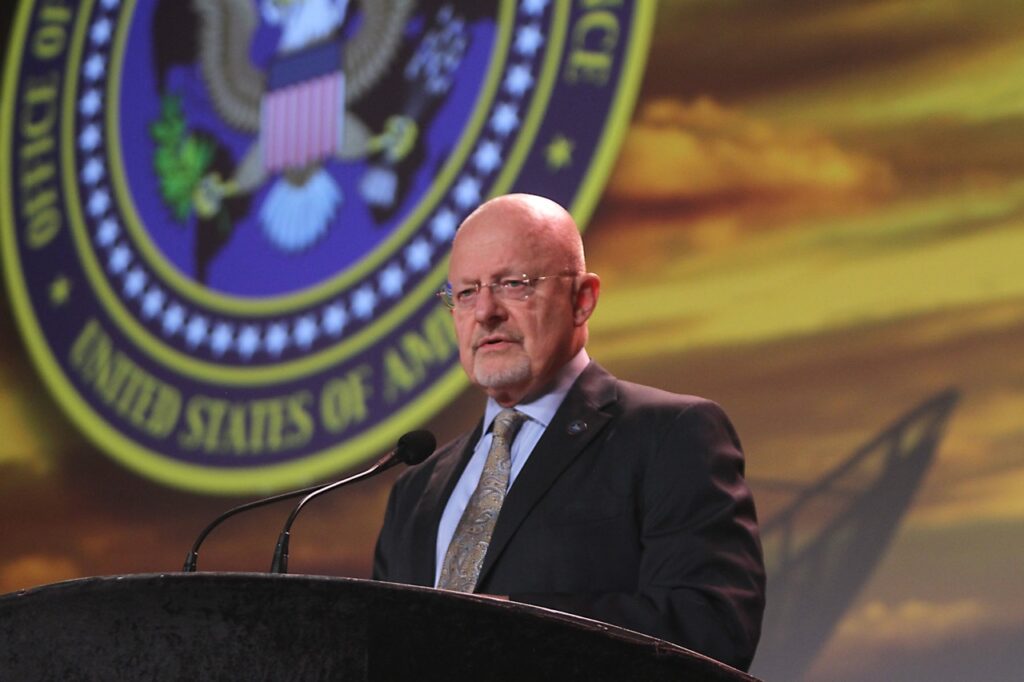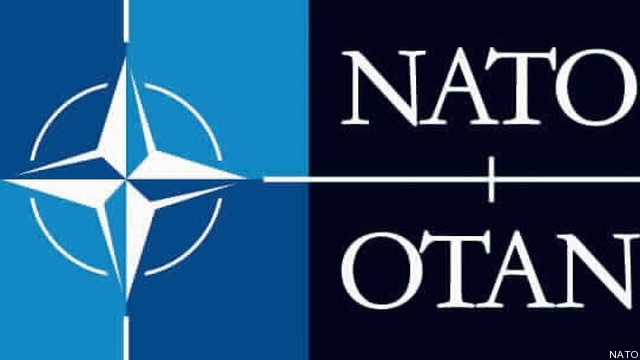A ‘Solarium’ For Hacking: Sen. King Launches Cyber Strategy Panel
Posted on
With members from Congress, the executive branch, and the private sector, the commission plans to issue a final report by year’s end.
Clapper Vs. Trump: Intel Agencies ‘Even More Resolute’ That Russia Meddled In Elections
Posted on
WASHINGTON: The day before intelligence analysts brief a skeptical Donald Trump on Russian interference with the 2016 elections, the Director of National Intelligence told supportive senators that he had only grown more confident the Kremlin was the culprit. DNI James Clapper not only repeated his assessment that Russia had tried to manipulate the election with… Keep reading →
DNI, NSA Seek Offensive Cyber Clarity; OPM Not An ‘Attack’
Posted on
WASHINGTON: No one really knows what they’re doing in cyberspace: It’s all too new and it changes too fast. So it was refreshing — if unnerving — for two top intelligence officials to admit this morning that the US government’s lack of clarity makes it more difficult both to deter adversaries’ cyber operations and to conduct… Keep reading →
NATO Hews To Strategic Ambiguity On Cyber Deterrence
Posted on
WASHINGTON: NATO is now taking cyber threats as seriously as the Russian tanks and nuclear weapons it was created to deter. But the alliance has a long way to go just to shore up its own network defenses, and it explicitly eschews any role on the offense. NATO has not even written a formal policy… Keep reading →
Defense, Deterrence Can Work In Cyberspace, But Don’t Forget Offense
Posted on
CAPITOL HILL: Maybe cyberspace isn’t as fragile as it’s made out to be. “Relax, Chicken Little, the sky isn’t falling,” said Columbia professor Abraham Wagner. “Protection ultimately is easier than penetration.” Wagner’s argument reverses the conventional wisdom that the attacker always has the advantage online. A forthcoming study by the Cyber Conflict Studies Association, for… Keep reading →
Deterrence Doesn’t Work in Cyberspace: CCSA
Posted on
WASHINGTON: Cyberspace is an inherently unstable realm where traditional strategic concepts of deterrence and defense break down – and it’s the United States that has the most to lose from that instability, warns a forthcoming report from the Cyber Conflict Studies Association. “The Cyber Conflict Studies Association’s two-year study has lead to the sobering conclusion… Keep reading →





